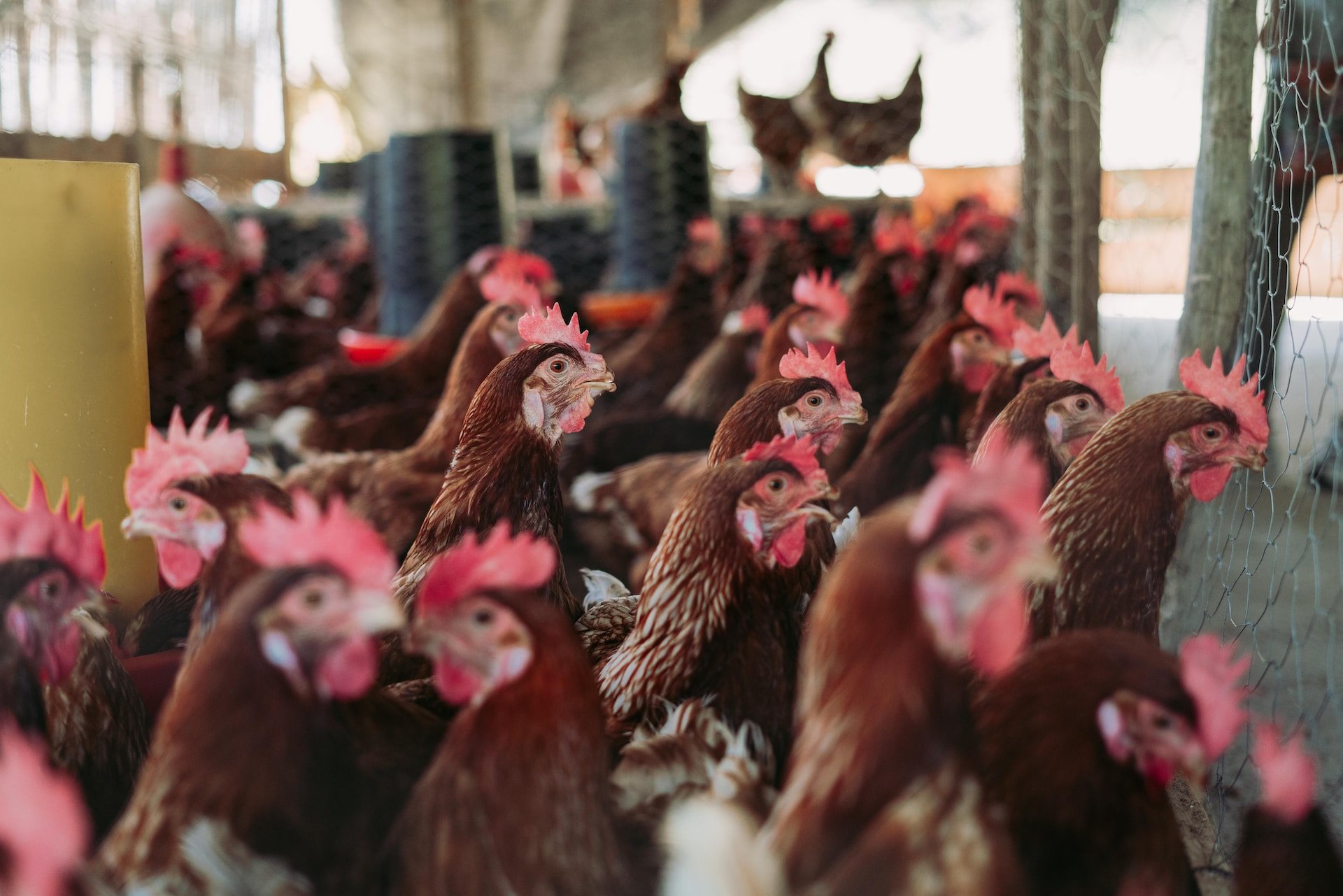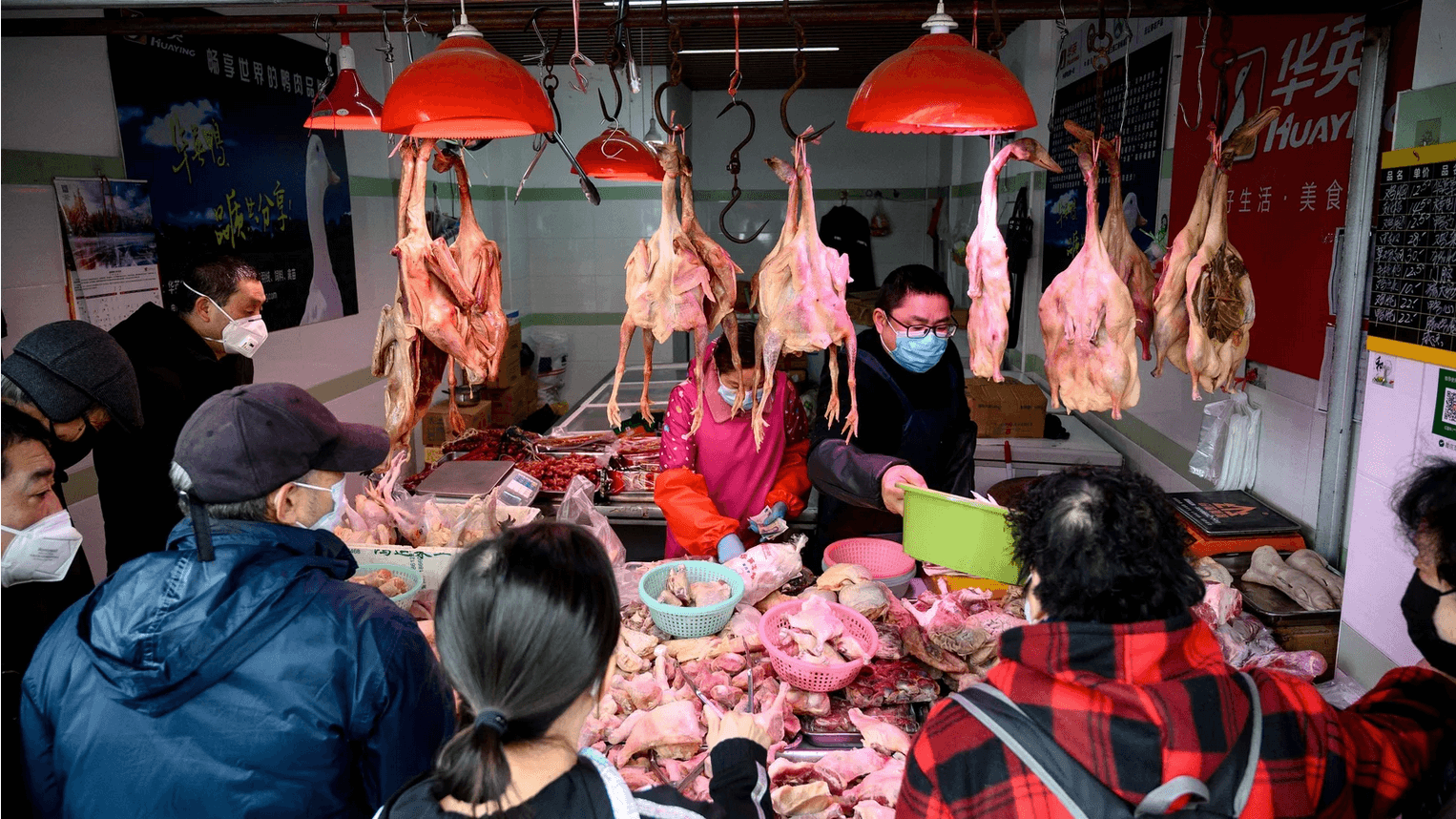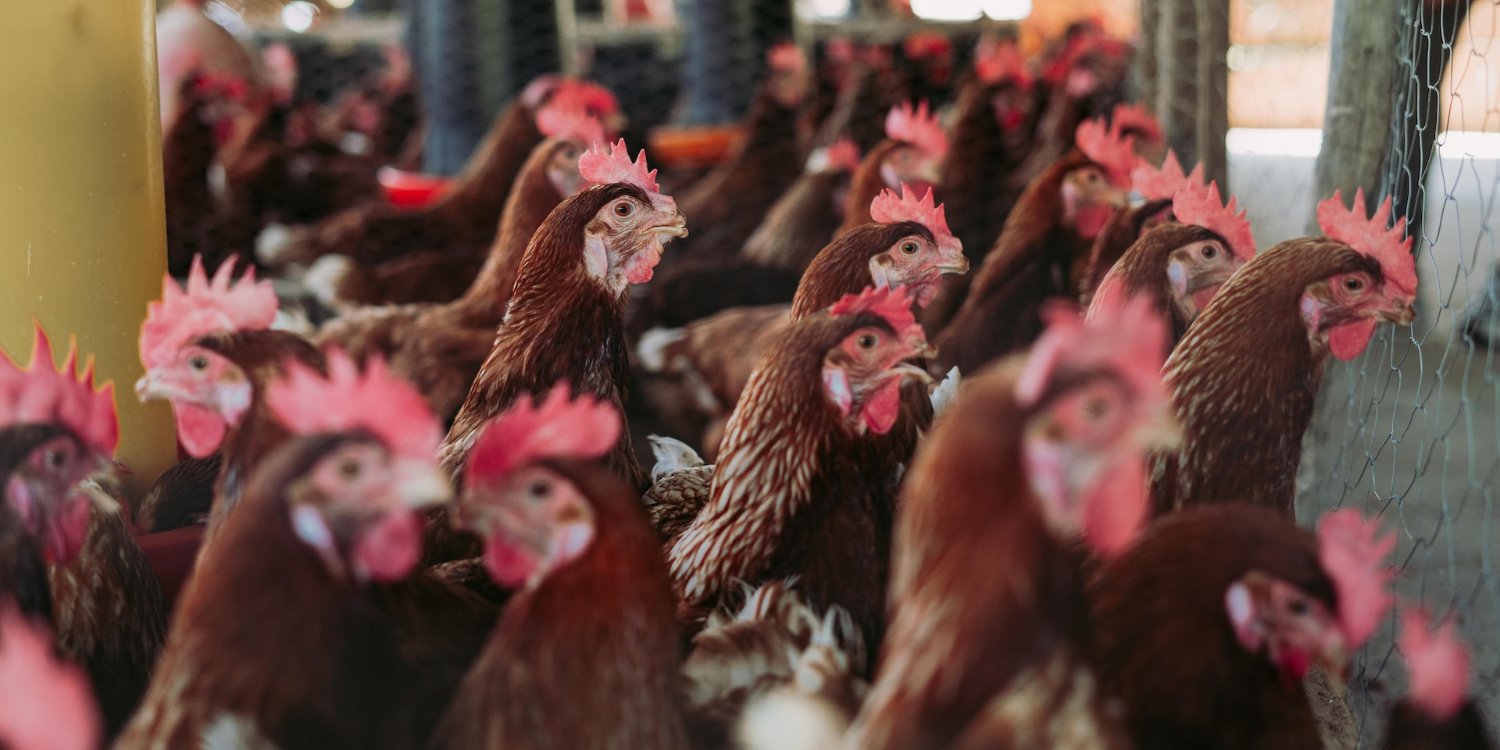Woman In China Believed To Be First Human To Die Of H3N8 Bird Flu
The World Health Organization (WHO) announced on Tuesday (11 Apr) that a woman in China has died of H3N8 bird flu.
Per a statement released on its official website, WHO stated that the National Health Commission of the People’s Republic of China had notified of the infection on 27 Mar.

Source: Julio Reynaldo on Unsplash, for illustration purposes only
The deceased passed away on 16 Mar and is believed to be the first human casualty of the H3N8 strain.
While it is the third reported case of human infection by the strain, the virus does not appear to spread easily from person to person.
Person who died of H3N8 bird flu was 56-year-old woman from Guangdong
The statement revealed that the deceased was a 56-year-old woman from the Guangdong province in China.
She had an “onset of illness” on 22 Feb and subsequently checked in to the hospital for severe pneumonia on 3 Mar.
Prior to contracting the virus, the woman had what WHO described as “multiple underlying conditions”.
Furthermore, she had exposure to live poultry and her house had a history of having wild birds present.
H3N8 bird flu infections in humans usually come from direct or indirect exposure to infected live or dead poultry. Alternatively, humans can also contract the disease from contaminated environments.
None of the woman’s close contacts had developed an infection or related symptoms at the time of the statement.
That said, environmental samples taken from a wet market that the woman visited tested positive for influenza A(H3).

Source: Noel Celis/AFP via Getty Images on NPR, for illustration purposes only
It is unknown whether anyone else who visited the wet market has been infected or shown symptoms, South China Morning Post reported.
Research shows low risk of H3N8 bird flu spreading among humans
The 56-year-old woman’s infection is not only the third reported case overall, but also the third case from China.
Previously, health officials had reported two cases in April and May 2022.
According to WHO’s statement, one of the patients developed a critical illness and the other suffered only a mild illness.
Similar to the deceased, the two patients likely contracted the virus from direct or indirect exposure to infected poultry.
However, experts still consider the spread of the virus from birds to humans a rare occurrence.
So far, it has only happened under specific circumstances, such as the aforementioned exposure to infected birds.
As such, WHO concluded that the risk of human-to-human transmission is low for the time being.
WHO stresses importance of avoiding contact with sick or dead poultry
Despite the low risk, WHO cautioned that more human infections can be expected since bird flu viruses are still being detected among poultry.
It also stressed the importance of global surveillance in helping to detect emerging or circulating influenza viruses.
In addition, it advised those who work closely with poultry to get seasonal influenza vaccine jabs.
To mitigate the risk of infection, WHO recommended countries increase the public’s awareness of the dangers of contact with high-risk environments.
Such environments include live animal markets or farms, live poultry, or surfaces potentially contaminated by poultry or bird faeces.
WHO also emphasised maintaining good hand hygiene and wearing protective masks in high-risk environments.
Have news you must share? Get in touch with us via email at news@mustsharenews.com.
Featured image adapted from Julio Reynaldo on Unsplash, for illustration purposes only.

Drop us your email so you won't miss the latest news.









